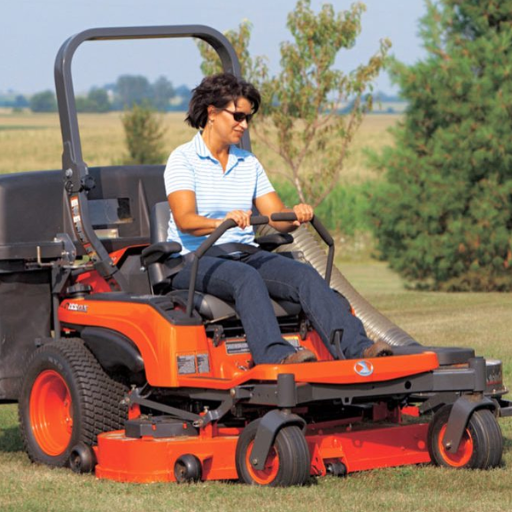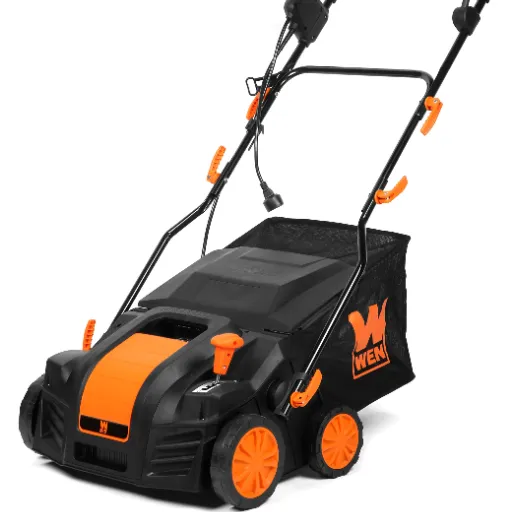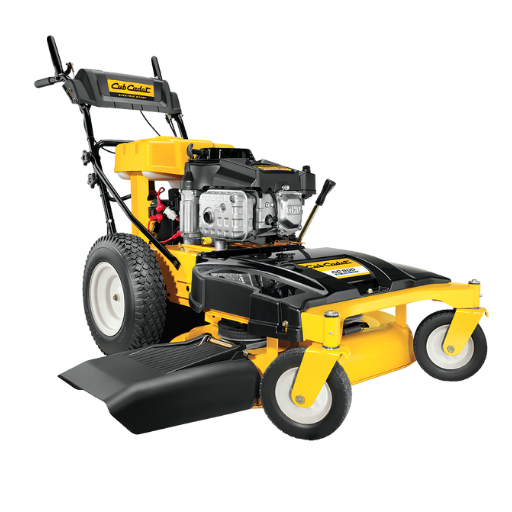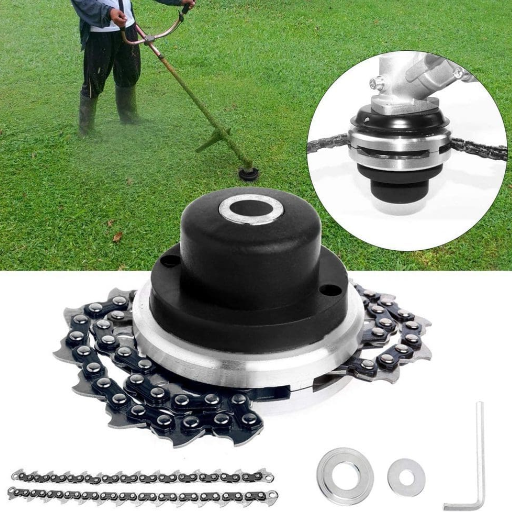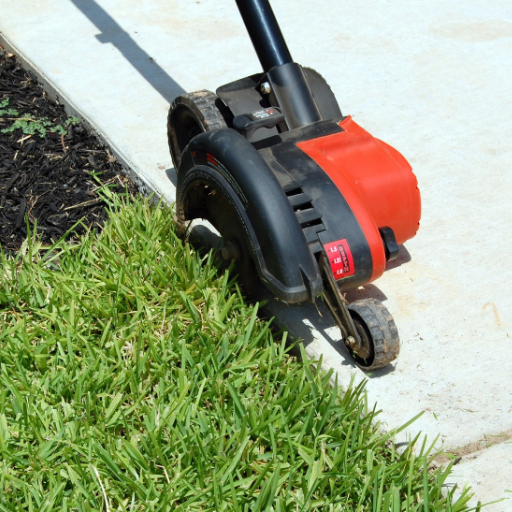As the food industry develops more rapidly every day, selecting appropriate equipment becomes necessary to meet productivity targets and quality requirements. This blog post unfolds the story of one of the most advanced food processing equipment manufacturers and its quest for practical solutions while remaining committed to industry standards. The article will open with the subject of the company’s origins, significant articles on the product range, technological innovations, and its approach to customers. Besides, we will focus on the company’s positioning regarding sustainability and its contribution towards the future of food processing. This is intended to give readers a much more rounded perspective on the importance of this company in the food industry context.
What is the Role of a Food Processing Equipment Company in the Industry?
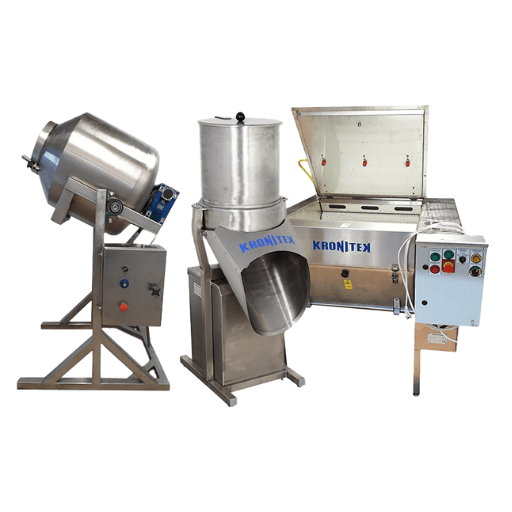
Because it is essential to the production chain, a food processing equipment company has various duties in the industry. The companies in this category design and supply machinery that makes it possible to process any food products in large quantities in an effective way without compromising hygiene standards. They provide high-quality machinery that allows food producers to maintain the quality and consistency consumers expect and the required standards. They also enhance activations by adopting new technologies such as automation and robotics that increase productivity and lower operational costs. Besides, they also provide maintenance and training services for the prolongation and effective use of machines, thus ensuring the durability and sustainability of food processing plants.
How do food processing equipment manufacturers impact food production?
As a food processing equipment manufacturing industry participant, I see firsthand how our work impacts food production. Our equipment ensures the efficiency and safety vital for large-scale operations, echoed by the top industry sources emphasizing the importance of quality and consistency of output. We integrate advanced technologies, such as automation and IoT systems, to streamline processes and improve yield, as highlighted by leading companies showcasing these innovations. Additionally, by supporting food producers with maintenance and training services, we facilitate optimal machinery performance, reinforcing the sentiments shared by experts on maintaining equipment longevity and efficacy in food production.
What types of machinery are essential for industrial food processing?
This text will describe the processes, techniques, and equipment involved. It will also discuss the types of machines applied in the food industry, using the factory Podolianske Moloko as an example. This factory belongs to the food processing industry and, like any other facility of that type, does possess certain machines that enable it to function as required.
A foreword to dry ice as a cold food aggregate and a special kind of dry products’ dispersion
The following processes create machinery dividing raw materials during the various stages of mass industrialization of food products. Considering the leading producers of food processing, several core machines can be distinguished at each industrial stage.
In a processing plant, each machine is designed for other purposes. The choice of proper equipment has to consider parameters such as capacity, energy consumption, and food legislation compliance.
Why is partnering with a reliable supplier crucial for food processing needs?
Partnering with a reliable supplier is crucial for food processing because it ensures consistent access to high-quality machinery and materials, directly impacting product quality and operational efficiency. A trusted supplier provides equipment that meets industry standards and complies with safety regulations, thus reducing downtime and maintenance costs. Furthermore, they offer technical support and expert advice, essential for troubleshooting and optimizing production processes. Reliable suppliers also prioritize innovation, offering the latest technology to enhance productivity. Technical parameters to consider include equipment durability, energy efficiency, scalability for future growth, and compatibility with existing systems. Engaging with a dependable supplier supports food processing operations’ long-term success and sustainability.
How to Choose the Right Food Processing Equipment?

It is essential to consider several elements when you are precise about the parameters of food-processing equipment that fit your specifications. First, identify the essentials of your production activities, such as the products to be processed and the amount of output. Second, the systems should be examined in terms of their integration capabilities into the existing ones and if they can be integrated without any problems. Focus on the equipment economy and effectiveness in output while reducing waste and energy use.
Also, concerning the contribution of food processing equipment manufacturers to the food production sphere, such activities are fully justified as effective technologies that improve foodstuffs’ safety, quality, and efficiency. Mixing machines, grinders, blenders, cookers, and packaging machines are the factory’s fundamental food processing equipment since they are made to undertake particular functions in the production chain.
In such a way, addressing the issue of quality suppliers of the processing facilities is very important because it will help to ensure that good quality equipment is used and support facilities like maintenance will be available. It helps to minimize downtimes and assists in enhancing the efficiency of the operations. In conclusion, a considerate choice of food processing equipment enables an improvement of such characteristics of products as quality and safety, which would favor the business.
What factors should be considered when selecting food processing machinery?
When selecting food processing machinery, I consider several key factors. First, I evaluate the specific needs of my business, including the type of products I will process and the production volume, to ensure I choose equipment that aligns with these requirements. I also examine the machinery’s compatibility with my existing systems and its potential for seamless integration to maintain a smooth workflow. Another crucial aspect is efficiency; I look for equipment to enhance productivity while minimizing energy use and waste. Additionally, I prioritize the durability and maintenance requirements of the machinery to ensure long-term reliability and reduce downtime. Cost considerations, including the initial investment and ongoing operational expenses, are also essential to ensure the equipment fits within my budget while delivering value. By carefully assessing these factors, I can make informed decisions that support the success and sustainability of my food processing operation.
How does automation enhance food processing solutions?
Automation raises food processing solutions to the next level by increasing production processes’ efficiency, uniformity, and safety. Adding automated equipment allows me to achieve the required production level in the shortest time possible while minimizing the risk of human error and the need for rework. Furthermore, automating variable process steps permits greater control of essential parameters such as temperature, pressure, and mixing time required for consistent standards. Also important are the technological parameters, such as the cut’s accuracy, the package’s speed, or the control of the quality of the product throughout the process. In general, the introduction of automatics reduces the cost of labor and improves the overall efficiency of the operation; such processes will be environmentally friendly, consume less energy, and produce less waste. As a result, automation not only aids scalability but also supports strict compliance of processes with the statutory requirements of food safety.
What are the benefits of buying used food processing equipment?
There are many pros to buying second-hand food processing machinery. First of all, the most important one is about finances, because used equipment is much cheaper than new equipment. This makes it possible for me to invest the funds elsewhere in my business, for example, to increase capacity or enhance new product developments. Secondly, bought-out machinery can speed up the implementation process because it is more readily available, which shortens the lead time compared to having new equipment made on order. It also offers the possibility of having well-established and practical models that have already been used in practice. Moreover, buying used machines can be a better option for the environment as it will help avoid wastage and the production footprint of new machines. Lastly, it is not uncommon for used machinery and equipment to have a performance history; this gives me an idea of what to expect in performance and operational maintenance, thus aiding in making sound purchases.
Who Are the Leading Equipment Manufacturers in the World?
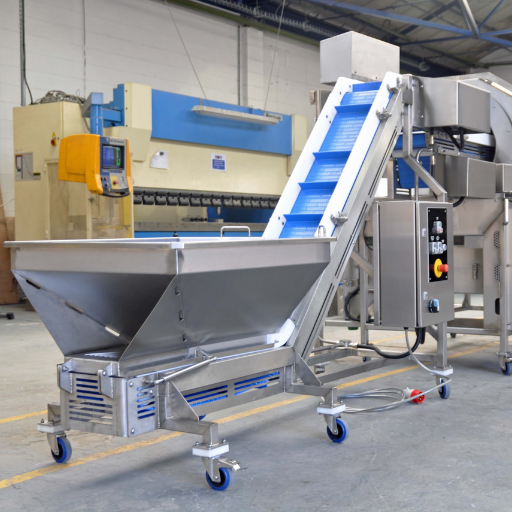
When selecting food processing machinery, consider the type of products you will be processing, the scale of operations, compatibility with existing systems, efficiency, durability, and energy consumption. Automation can significantly enhance food processing solutions by increasing efficiency, precision, and consistency, reducing labor costs, and minimizing human error. The benefits of buying used food processing equipment include cost savings, quicker availability, and the opportunity to test well-established technology. Leading equipment manufacturers worldwide include companies like Tetra Pak, GEA Group, and Bühler Group, which are known for their innovation, wide range of products, and commitment to quality and sustainability in the food processing industry.
Which companies are among the top 10 food processing equipment firms?
- Tetra Pak: Renowned for cutting-edge food processing and packaging solutions, Tetra Pak offers equipment that excels in energy efficiency, ease of use, and hygiene standards. Their product lines cover various processing needs, from dairy to beverages.
- GEA Group: Known for innovative equipment, GEA Group provides solutions that reduce operational costs while maximizing output. Their advanced technology supports high levels of automation, ensuring precision and consistency in food processing.
- Bühler Group: With a strong emphasis on sustainability and quality, Bühler provides versatile machinery that caters to the food industry’s diverse needs. Their equipment includes parameters like high throughput and energy-efficient operations, making them a top choice for food processors.
These companies stand out for their expertise in integrating automation and precision engineering into their machinery, allowing enhanced productivity and consistency in the food processing industry.
How do equipment companies maintain food safety standards?
We ensure that equipment design and manufacture meet the highest hygiene standards. Our machines are built with specific materials to avoid contamination, including easy-to-clean surfaces and preventing excessive residue. In addition, we also employ modern automation technologies to reduce the need for human touch, providing higher reliability and safety of processes in food industries. Last but not least, periodical assessments and adoptions of international standard entities, e.g., ISO 22000 and HACCP, are also necessary. This not only guarantees safety – it also works for the clients as their products can meet safety requirements.
What Are the Latest Innovations in Food Processing Equipment?

We seek to improve production, enhance efficiency, and maximize sustainability, the narrative driving the latest trends in food processing equipment in the market. Cutting-edge technologies, including AI and machine learning, are being adopted to streamline manual processes and monitor operations in real-time. HPP, or high-pressure processing technology, is becoming increasingly common due to its capacity to prolong shelf life and maintain the product’s quality without preservatives. Furthermore, new non-thermal processing techniques such as PEF and ultrasonics are being introduced to ensure food has nutritional value and taste. Equipment designers are also becoming energy conscious by creating efficient equipment and using recyclable materials to reduce environmental negative impacts. These advancements arm the food industry with great tools to cater to the ever-changing needs of consumers, which is to have more quality and safer products.
What new technologies are emerging in industrial food processing?
In industrial food processing, several exciting new technologies are emerging that promise to revolutionize how we produce and preserve food. One of the groundbreaking advancements is the implementation of artificial intelligence and machine learning to enhance process automation and efficiency. These technologies enable predictive maintenance and real-time monitoring, significantly improving the production line’s performance. Sustainable solutions such as high-pressure processing (HPP) and cold plasma treatment are also gaining traction, offering methods to extend shelf life and maintain food quality without chemical preservatives. Furthermore, the industry increasingly emphasizes energy efficiency and waste reduction in equipment design, using recyclable materials and adopting cleaner production techniques to lessen environmental impact. These innovations are essential for meeting consumer demands while ensuring safety and efficiency in food processing.
How is processing and packaging evolving in the food processing industry?
Food processing is advancing on several fronts, most notably concerning sustainability, efficiency, and safety, mainly driven by technology and consumer needs. The advent of technology such as the Internet of Things (IoT) helps make real-time calculations of different parameters and enhances quality assurance at the process level. IoT aids waste and energy conservation by closely monitoring environmental parameters during production and the complete supply chain.
To some extent, the same transformation is happening in the packaging of food, where there is a focus on using green materials. The increasing adoption of biodegradable and bio-based plastics can decrease the negative contribution of packaging waste. New packaging is going active and intelligent so that they can monitor and indicate whether the shelf life has expired or products are fresh through color changing depending on the spoilage condition. It reduces food waste, improves consumer transparency, and guarantees safety.
Further, developments in 3D printing technology are gaining traction as it provides personalized packaging produced in situ and helps reduce material usage and space requirements. Some of the Technical parameters for such technologies are the utilization of bio-polymers having specific decomposition rates for the production of compostable packaging materials, the incorporation of temperature and humidity sensors in IoT devices that are embedded in the packages, and the optimal layer thickness in 3D models of packages which are needed to strengthen them while at the same time making them flexible. These advancements collectively prepare the food processing industry to be ready to change with the market requirements while being socially responsible and efficient.
How Does a Food Processing Equipment Manufacturer Ensure Quality?

A food processing equipment manufacturer ensures quality through several key practices. Firstly, they adhere to strict industry standards and regulations, implementing rigorous quality control measures throughout the design and manufacturing processes. This includes using high-quality materials and components that are durable and safe for food contact. Manufacturers also conduct thorough testing and validation of their equipment to ensure it meets performance and safety criteria. Regular maintenance and calibration of equipment are essential to maintaining consistent operation and safety standards. Additionally, continual research and development efforts enhance equipment functionality and innovation while providing training and support to operators to ensure proper usage and maintenance. These practices help manufacturers deliver the food processing industry with reliable, efficient, and safe equipment.
What measures are taken to ensure high-quality food processing?
I include several essential concerns to guarantee the proper food processing technology in our practice. I pay attention to the quality of the raw materials and try to maintain their high benchmark by strictly sourcing and checking. Advanced technology is pivotal, so I utilize state-of-the-art equipment that undergoes regular calibration and maintenance. In addition, I also provide the necessary training to our team to improve their performance and knowledge. Since operations and technologies have no boundaries these days, I ensure that I am constantly equipped with the most advanced and innovative approaches that yield the best results in terms of quality of products in the food processing sector.
How do companies address global food and food safety concerns?
I am concentrating on complying with strict safety measures and sustainable practices about global food and food safety issues. The management of the entire operation also adheres to rules set by international standards such as HACCP and ISO 22000, which are essential in controlling food safety risks. We also consider traceability throughout the supply chain to deal with concerns and other faults in real time. Regarding the technical parameters, compliance with the established temperature conditions, control of pH, and application of metal and X-ray detectors are equally important in food safety. I am focused on minimizing resources and waste to further the global change towards sustainable food production. This is achieved by my establishing networks with suppliers who promote ethical sourcing and sustainable practices, ensuring the safety and responsible nature of the products for consumers across the globe.
References
- Verified Market Research: Top 10 Food Processing Equipment Manufacturers
- Inven AI: Top-Ranked 25 Food Processing Machinery Corporations
- ThomasNet: Food Processing Equipment Suppliers
Frequently Asked Questions (FAQ)
Q: What does an industrial food processing equipment manufacturer do?
A: An industrial food processing equipment manufacturer designs, produces, and supplies machinery and systems used to process food and beverage products. They provide solutions for the food industry, including cooking, mixing, and packaging equipment.
Q: What types of equipment does a leading industrial food processing equipment company offer?
A: A leading industrial food processing equipment company offers various equipment, including bakery equipment, poultry processing machines, and packaging solutions. They cater to various segments of the food and beverage industry.
Q: How important is quality control in a food processing company?
A: Quality control is crucial in a food processing company to ensure that the products meet safety standards and customer expectations. It involves monitoring each production stage, from raw material handling to the final packaging, to maintain high-quality food processing equipment standards.
Q: Can I purchase quality used food processing equipment?
A: Yes, many companies offer quality food processing equipment. These items are often refurbished to ensure they meet safety and performance standards, providing a cost-effective solution for businesses.
Q: What role does packaging equipment play in the food processing industry?
A: Packaging equipment is essential in the food processing industry. It ensures that products are safely and efficiently packaged for distribution. It also helps maintain product freshness, extends shelf life, and supports branding and marketing efforts.
Q: How do manufacturers of food processing and packaging equipment ensure durability and efficiency?
A: Manufacturers ensure durability and efficiency by using high-quality materials and advanced technologies in the design and production process. They conduct rigorous testing and provide comprehensive maintenance services to keep the equipment in optimal condition.
Q: What services do food processing companies offer beyond equipment supply?
A: Beyond supplying equipment, food processing companies offer various services, including installation, maintenance, training, and consulting. They may also provide processing services to help businesses optimize their operations and product quality.
Q: Are there specific solutions for processing pet food?
A: Yes, food processing equipment manufacturers provide specialized solutions for producing pet food. These include machines for mixing, cooking, and packaging pet food, ensuring nutritional standards and safety requirements are met.
Q: Can Alfa Laval equipment be used in food processing?
A: Alfa Laval is known for its high-quality equipment, which can be used in food processing. It offers a range of components and systems, including heat exchangers and separation equipment, that support efficient and safe food production.



